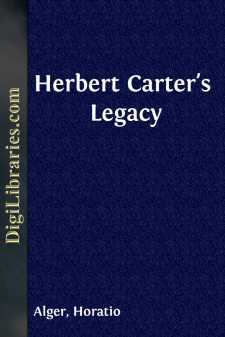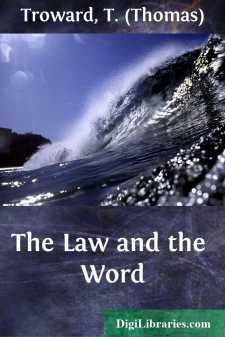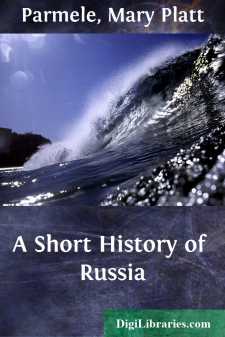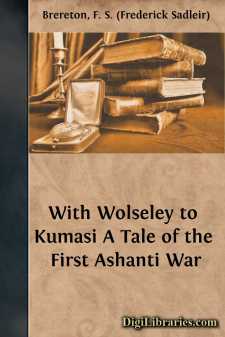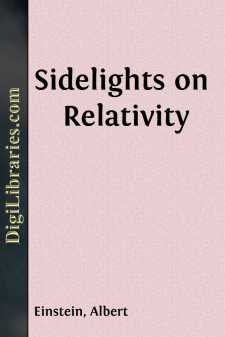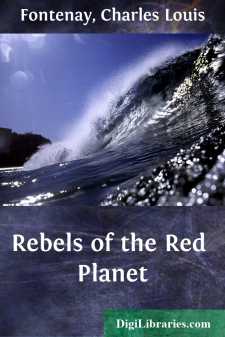Categories
- Antiques & Collectibles 13
- Architecture 36
- Art 48
- Bibles 22
- Biography & Autobiography 813
- Body, Mind & Spirit 142
- Business & Economics 28
- Children's Books 17
- Children's Fiction 14
- Computers 4
- Cooking 94
- Crafts & Hobbies 4
- Drama 346
- Education 46
- Family & Relationships 57
- Fiction 11829
- Games 19
- Gardening 17
- Health & Fitness 34
- History 1377
- House & Home 1
- Humor 147
- Juvenile Fiction 1873
- Juvenile Nonfiction 202
- Language Arts & Disciplines 88
- Law 16
- Literary Collections 686
- Literary Criticism 179
- Mathematics 13
- Medical 41
- Music 40
- Nature 179
- Non-Classifiable 1768
- Performing Arts 7
- Periodicals 1453
- Philosophy 64
- Photography 2
- Poetry 896
- Political Science 203
- Psychology 42
- Reference 154
- Religion 513
- Science 126
- Self-Help 84
- Social Science 81
- Sports & Recreation 34
- Study Aids 3
- Technology & Engineering 59
- Transportation 23
- Travel 463
- True Crime 29
Sort by:
by:
Horatio Alger
CHAPTER I MRS. CARTER RECEIVES A LETTER "Is that the latest style?" inquired James Leech, with a sneer, pointing to a patch on the knee of Herbert Carter's pants. Herbert's face flushed. He was not ashamed of the patch, for he knew that his mother's poverty made it a necessity. But he felt that it was mean and dishonorable in James Leech, whose father was one of the rich men of...
more...
CHAPTER I If I were asked what, in my opinion, distinguishes the thought of the present day from that of a previous generation, I should feel inclined to say, it is the fact that people are beginning to realize that Thought is a power in itself, one of the great forces of the Universe, and ultimately the greatest of forces, directing all the others. This idea seems to be, as the French say, "in the...
more...
CHAPTER I The topography of a country is to some extent a prophecy of its future. Had there been no Mississippi coursing for three thousand miles through the North American Continent, no Ohio and Missouri bisecting it from east to west, no great inland seas indenting and watering it, no fertile prairies stretching across its vast areas, how different would have been the history of our own land. Russia...
more...
Chapter One. Great Misfortune. Dick Stapleton tossed restlessly on his bamboo bed, till the rickety legs creaked ominously and the mosquito net waved to and fro, threatening to descend upon his head. The heat was stifling. Inside his room the thermometer stood at an unusual height, even for this Gold Coast country, where high readings are a common occurrence, and where hot nights are the rule rather...
more...
by:
Albert Einstein
How does it come about that alongside of the idea of ponderable matter, which is derived by abstraction from everyday life, the physicists set the idea of the existence of another kind of matter, the ether? The explanation is probably to be sought in those phenomena which have given rise to the theory of action at a distance, and in the properties of light which have led to the undulatory theory. Let...
more...
Strange Intruder Sime Hemingway did not sleep well his first night on Mars. There was no tangible reason why he shouldn't. His bed was soft. He had dined sumptuously, for this hotel's cuisine offered not only Martian delicacies, but drew on Earth and Venus as well.Sime Hemingway, of the I. F. P., strikes at the insidious interests that are lashing high the war feeling between Earth and...
more...
It is a sea, though they call it sand. They call it sand because it is still and red and dense with grains. They call it sand because the thin wind whips it, and whirls its dusty skim away to the tight horizons of Mars. But only a sea could so brood with the memory of aeons. Only a sea, lying so silent beneath the high skies, could hint the mystery of life still behind its barren veil. To practical,...
more...
Chapter I How the Great Wind Came to Beacon House A wind sprang high in the west, like a wave of unreasonable happiness, and tore eastward across England, trailing with it the frosty scent of forests and the cold intoxication of the sea. In a million holes and corners it refreshed a man like a flagon, and astonished him like a blow. In the inmost chambers of intricate and embowered houses it woke like...
more...
To increase the highways transport resources as one of the means of strengthening the entire transportation system of the country, and for the purpose of avoiding the waste incurred by running transport vehicles empty, return-load bureaus are established. These bureaus are a means of bringing together the shipper having goods to move and the operator of an empty vehicle which is possibly running to the...
more...
by:
Henry S. Fitch
IntroductionIn northeastern Kansas, before it was disturbed by the arrival of white settlers in the eighteen fifties, tall grass prairies and deciduous forests were both represented. These two contrasting types of vegetation overlapped widely in an interdigitating pattern which was determined by distribution of moisture, soil types, slope exposure and various biotic factors. The early explorers who saw...
more...


